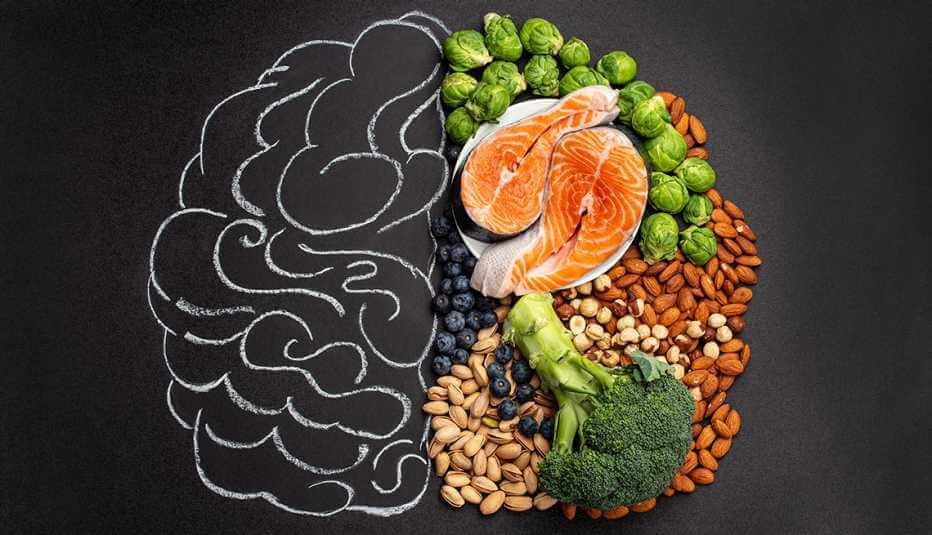
Asking a loved one to consider a senior living community can be a difficult conversation, even when it is the best choice for their safety and wellbeing. However, with a kind and empathetic approach, this difficult conversation can result in a better future for your loved one. By coming from a place of understanding, you can help the older adult in your life view a senior living community as the beginning of an exciting new chapter.
It isn’t easy to acknowledge you need a little extra help. This is especially true as we age. We spend decades making a home, living independently, and settling into a familiar routine. For this reason, and many others, it can be difficult for older adults to realize it might be time to consider moving to a senior living community.
In approaching a conversation about senior living, it is important to first understand the fear and apprehension that your loved one may be feeling. And beyond simply understanding, it is essential to treat your loved one as a trusted and respected voice in the decision-making process. In this blog, we will provide tips for having effective and empathetic conversations about senior living.
For more information on the best tips to talk with your loved one about senior living, from Life Care Services, CLICK HERE.


